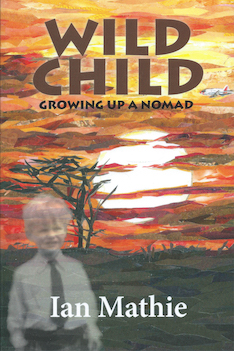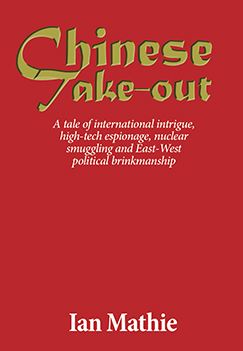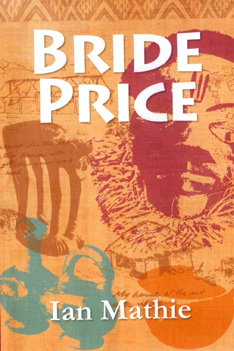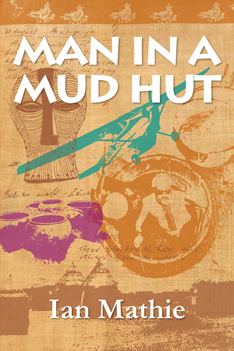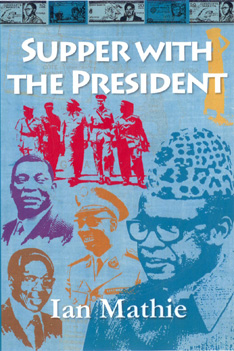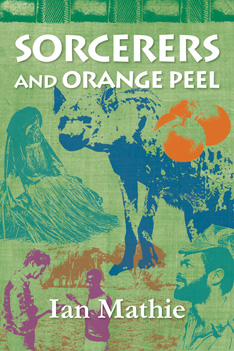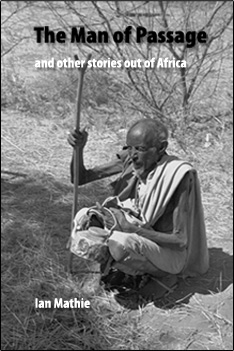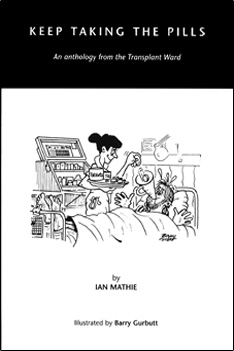Home > Published books > Dust of the Danakil
Dust of the Danakil
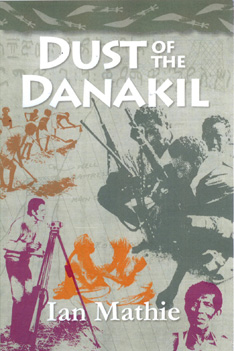
Non-fiction
Published on 17th March 2012
Print: ISBN 978-1-906852-13-9
e-book: ISBN 978-1-906852-22-1
In the summer of 1973 the monsoon failed and drought struck Ethiopia. It was concentrated in the mountains on the eastern edge of the massif, where the rain should have arrived from the Indian Ocean. Very soon close to 2 million people were destitute. Once the first relief teams arrived people began to the move to get help from regional centres. Vast refugee camps grew, with people arriving in their thousands every day. They were dying in their thousands too. Caught unprepared, the world's relief teams ground into action all too slowly, while the newspapers and TV screens of the western world were filled with images of skeletal children, desperate mothers, and shrivelled bodies.
Amid all this, nobody thought about the Afar people in the Danakil desert to the east. Eventually, when smallpox broke out in the desert, the government had to take notice, but the relief teams were already at full stretch. Through a series of chaotic connections a project was eventually cobbled together, and I was sent to build an irrigation system using floodwater that might never arrive. The intention was to get the Afar to adopt an alternative lifestyle and make them less dependent on the livestock their land could no longer sustain. To get the work done they were paid for their labour with food, but even this was sub-standard.
From the beginning the project was beset by problems, cultural impediments, sickness, logistic failures, corruption and even armed bandits coming on raids to steal the Afar's few remaining livestock. And all this was in the hottest desert on earth. Despite the problems we built an irrigation system and, nearby, a water storage dam on one of the few permanent streams.
Dust of the Danakil is the story of that mission. It is also an indictment of the International Aid and Relief systems, with some suggestions for things which would enable Africa's nations to take care of their own problems.

